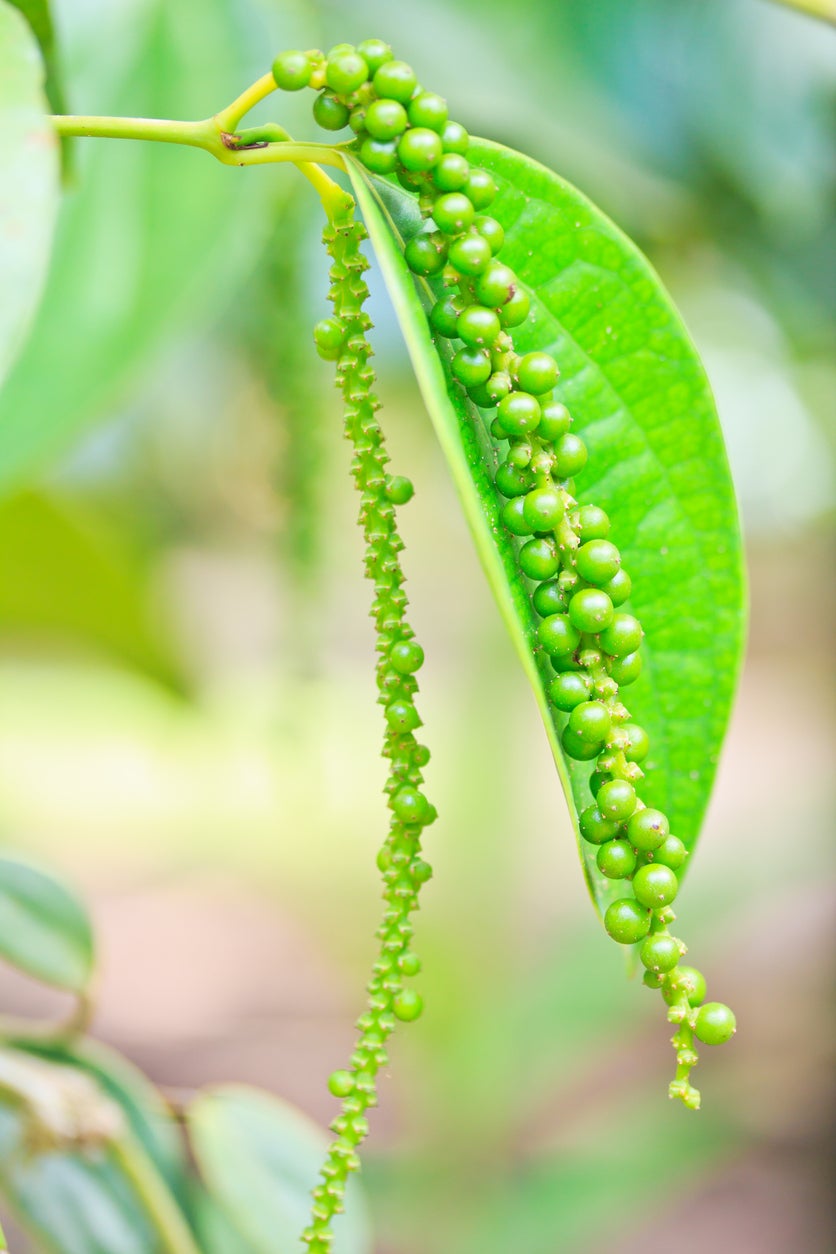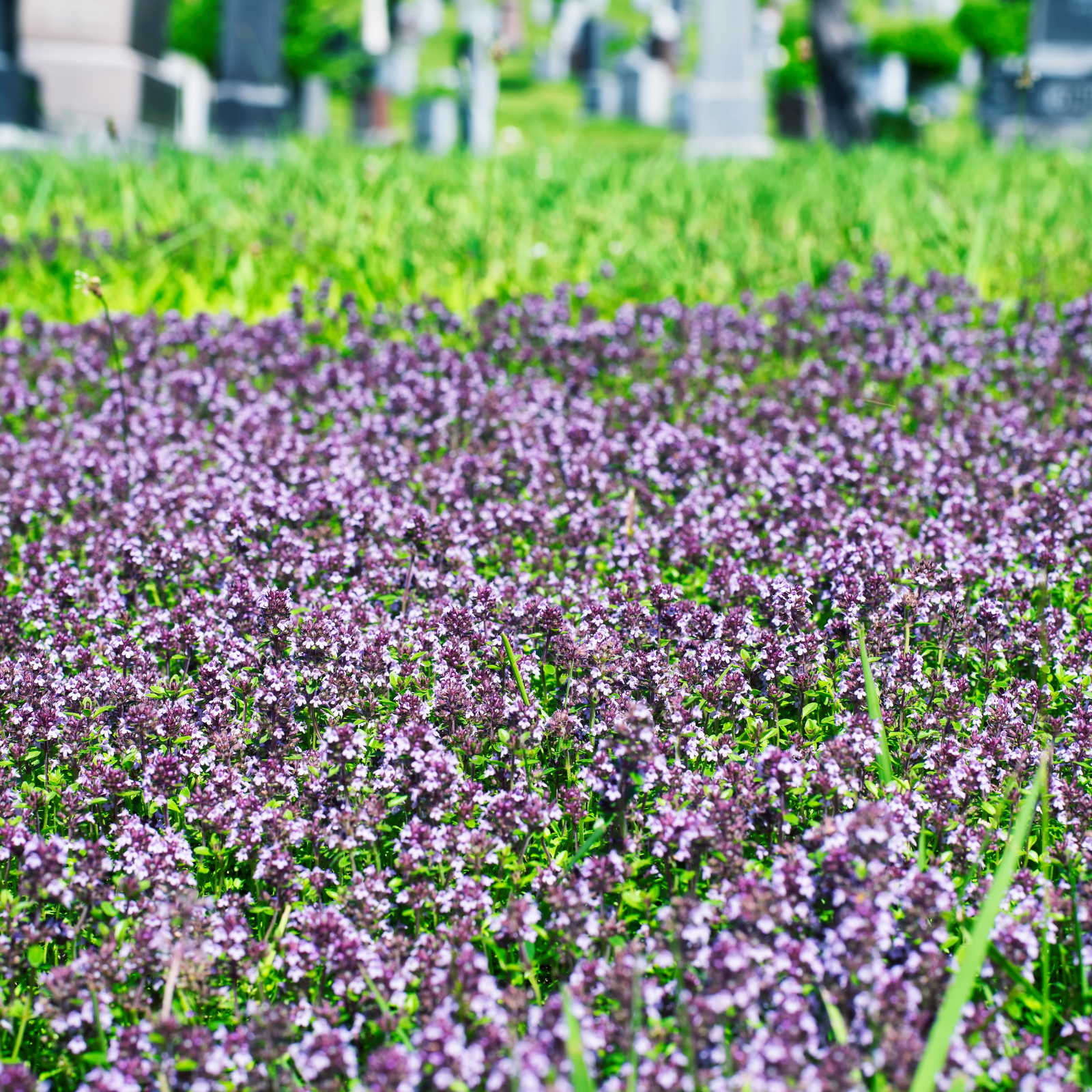Black Pepper Information: Learn How To Grow Peppercorns

I love fresh ground pepper, especially the mélange of white, red, and black corns which have a slightly different nuance than just plain black peppercorns. This mix can be pricey, so the thought is, can you grow black pepper plants? Let's find out.
Black Pepper Information
Yes, growing black pepper is possible and here's a little more black pepper information which will make it even more worthy beyond saving a couple of dollars. Peppercorns have a good reason for costing dearly; they have been traded between East and West for centuries, were known to the ancient Greeks and Romans, and served as currency in some European countries.
This prized spice stimulates salivation and the production of gastric juices and is a revered food flavoring throughout the world. Piper nigrum, or peppercorn plant, is a tropical plant cultivated for its black, white, and red peppercorns.
The three colors of peppercorn are simply different stages of the same peppercorn. Black peppercorns are the dried immature fruit or drupes of the peppercorn plant while white pepper is made from the inner portion of the mature fruit.
How to Grow Peppercorns
Black pepper plants are actually vines most often propagated through vegetative cuttings and interspersed among shade crop trees such as coffee. Conditions for growing black pepper plants require high temps, heavy and frequent rainfall, and well-draining soil, all of which are met in the countries of India, Indonesia, and Brazil-- the greatest commercial exporters of peppercorns.
So, the question is how to grow peppercorns for the home environment. These warm loving plants will stop growing when temps drop below 65 degrees F. (18 C.) and do not tolerate frost; as such, they make great container plants. Situate in full sun with 50 percent or greater humidity, or inside the house or greenhouse if your region does not fit these criteria.
Feed the plant moderately with a 10-10-10 fertilizer in the amount of ¼ teaspoon (5 mL.) per gallon (4 L.) of water every one to two weeks, excluding winter months when feeding should cease. Water thoroughly and consistently. Do not allow to dry out too much or overwater since peppercorn plants are susceptible to root rot.
Gardening tips, videos, info and more delivered right to your inbox!
Sign up for the Gardening Know How newsletter today and receive a free copy of our e-book "How to Grow Delicious Tomatoes".
To stimulate peppercorn production, keep the plant under bright light and warm-- above 65 degrees F. (18 C.). Be patient. Peppercorn plants are slow-growing and it will take a couple of years before they produce flowers that lead to peppercorns.

Amy Grant has been gardening for 30 years and writing for 15. A professional chef and caterer, Amy's area of expertise is culinary gardening.
-
 Get Ready For A Summer Of Hummers! Grow These Full Sun Hummingbird Plants and Flowers
Get Ready For A Summer Of Hummers! Grow These Full Sun Hummingbird Plants and FlowersIf you’re lucky enough to enjoy a sunny backyard, make sure you are maxing out on your pollinator opportunities and grow these full sun hummingbird plants and flowers
By Tonya Barnett
-
 12 Lush Alternatives To A Lawn For Sustainable Spaces
12 Lush Alternatives To A Lawn For Sustainable SpacesAlternatives to a lawn are beautiful and also beneficial to your local ecosystem and its pollinators. Explore our top picks for plants to replace grass.
By Tonya Barnett